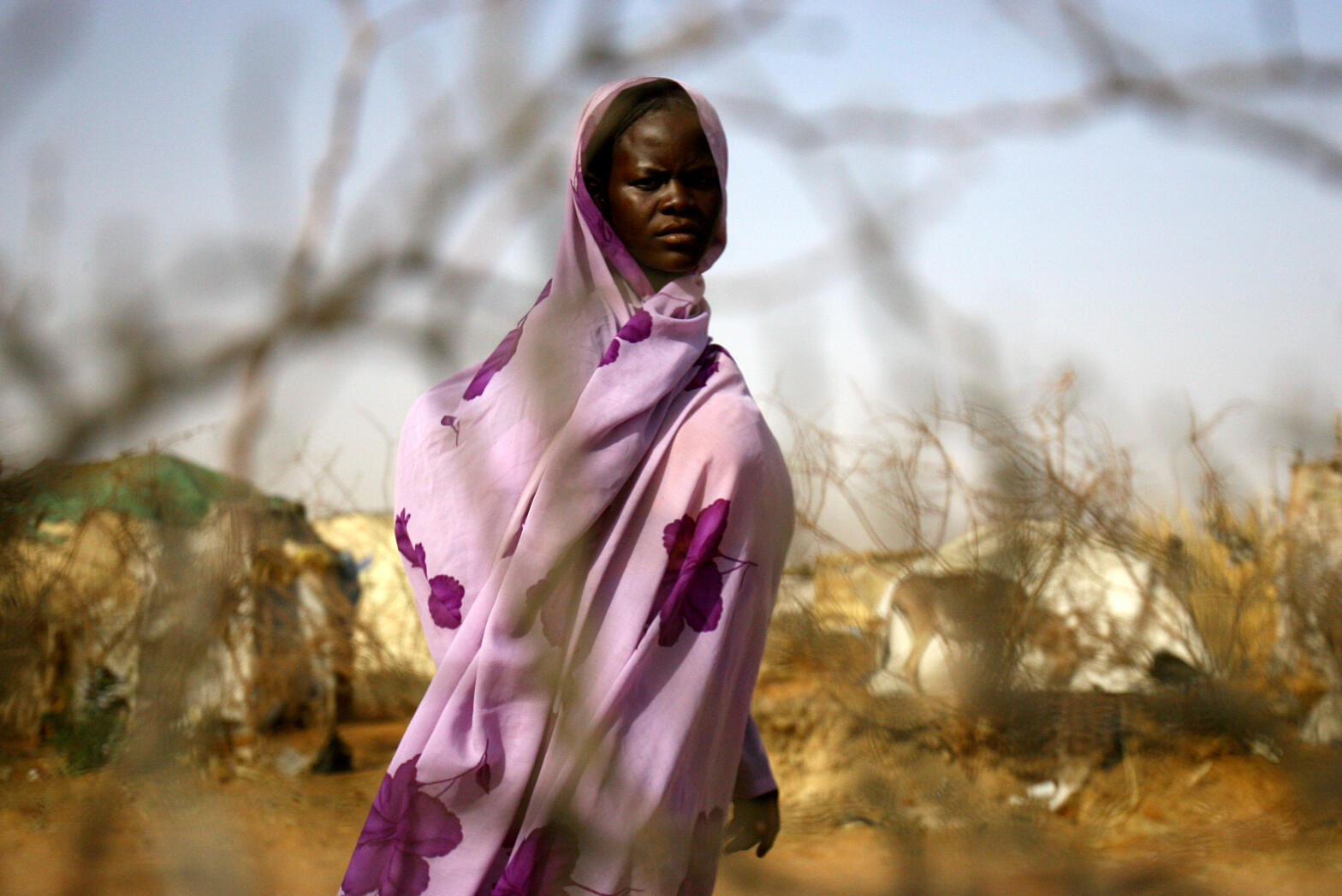Gabriela Tumani, Communications & Advocacy Intern, FP2030
War forces people to adapt to extremely difficult, often inhumane, living conditions. Beyond the violence, displacement, economic hardships, and psychological trauma, the chaos of war also severely impacts a region’s medical system, often rendering it inaccessible. Families are often displaced or living in temporary and unstable conditions, heightening the risks of unintended pregnancies, unsafe abortions, and maternal deaths. These compounding challenges underscore the critical importance of protecting women’s health during times of conflict, with family planning services playing a key role in humanitarian responses.
In 2025, the biggest humanitarian crises so far have been the brutal civil war in Sudan and the ongoing war and humanitarian crisis in Gaza, according to the International Rescue Committee.
As both regions grapple with the displacement of millions of civilians, the destruction of homes and essential infrastructure, they also face common challenges for women and girls: sexual and gender-based violence, unintended pregnancies and unsafe abortions, increased maternal deaths due a deeply strained and in some places collapsing healthcare system, primarily caused by the destruction of hospitals, clinics, and the severe shortage of medical supplies.
In addition to barriers to accessing care, misconceptions and unawareness about family planning further prevent women from utilizing these services, even when they are available. A study about contraception in Gaza found misconceptions among Palestinian women living in the Gaza Strip regarding contraceptives. Some of their beliefs included fear of modern contraceptives causing infertility or cancer, for instance. In Sudan, knowledge of contraceptives among young people is exceptionally low, with 81% of South Sudan young people surveyed in the most recent South Sudan Demographic and Health Survey (DHS) unaware of any contraceptive methods.
The question arises: How can family planning help these regions better navigate these challenges?
FP2030 advocates for the integration family planning into every humanitarian response, ensuring that women have access to a full range of reproductive health services, regardless of the crisis. It is essential to address both logistical and informational barriers to family planning, while being mindful of the cultural and religious beliefs of the affected communities, to help build stronger, more resilient communities in conflict-affected regions.
“War and displacement create immense barriers to reproductive healthcare, while the risk of gender-based violence and unintended pregnancies rise. Family planning remains essential for safety, dignity, and resilience in these circumstances,” said Dr. Samukeliso Dube, Executive Director, FP2030.
“We must ensure that even in the most challenging circumstances, women have the power to make informed decisions about their bodies and futures. FP2030 is committed to working with partners to integrate family planning into humanitarian responses.”
Women’s health is not just an individual concern—it is essential to the long-term stability and recovery of communities. When women can make informed decisions about their reproductive health, they help not only their well-being but also the resilience and future development of the region.
Alongside governments, humanitarian organizations and local partners, FP2030 continues to advocate for family planning as a fundamental element of humanitarian response, recognizing it as a critical tool for improving both individual and community well-being. In regions like Sudan and Gaza, where the humanitarian needs are immense, integrating family planning into the response is not just a health issue—it’s a matter of human rights, safety, and survival.
